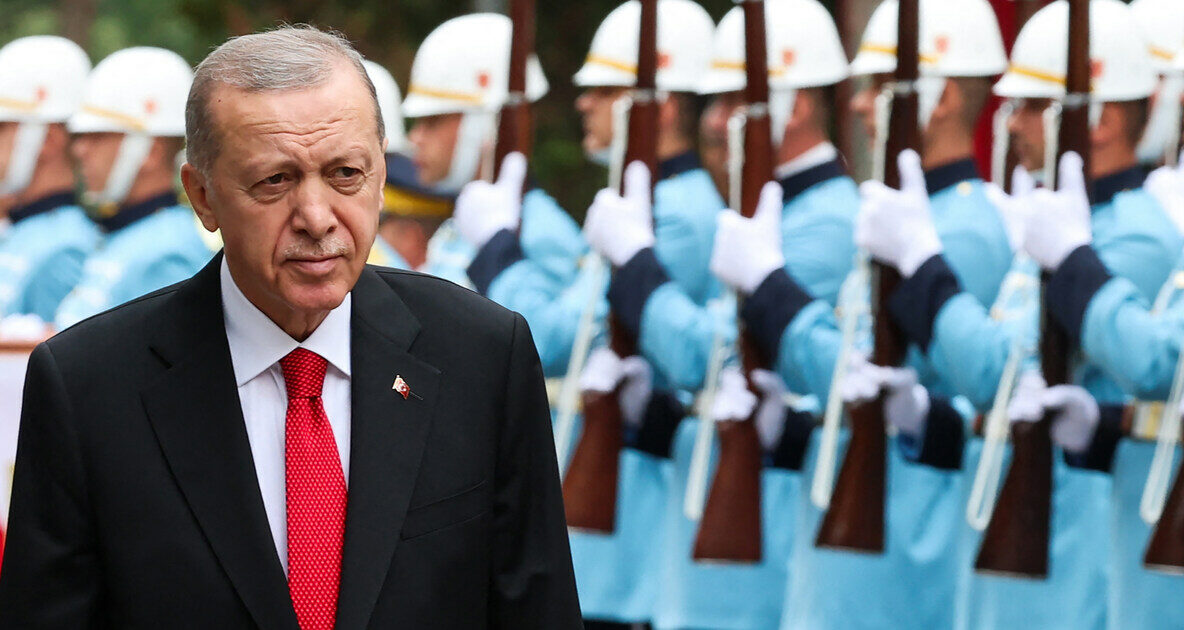Istanbul, Turkey – Turkey’s annual inflation rate held steady near 60 percent last month, official data showed Thursday, offering the first evidence that President Recep Tayyip Erdogan’s economic policy U-turn was working.
The TUIK state statistics agency said consumer prices rose by 61.5 percent over a 12-month period ending in September.
The annual rate stood at 58.9 percent in August and 47.8 percent in July.
The month-on-month increase in prices also slowed to 4.8 percent from 9.1 percent in August and 9.5 percent in July.
The data suggest that Turkey’s inflation rate is starting to peak after Erdogan signed off on a series of sharp interest rate hikes that have taken the policy rate to 30 percent from 8.5 percent in four months.
“The small (by Turkey’s recent standards) rise in inflation to 61.5 percent last month, from 58.9 percent in August, provides the first signs that the inflation spike is close to levelling off,” Capital Economics analyst William Jackson said.
Erdogan had been a lifelong supporter of the unorthodox economic theory that high interest rates cause — rather than cure — inflation.
But he reversed his approach after surviving a difficult May election that coincided with the worst economic crisis of his two-decade rule.
He handed Turkey’s economic reins to a group of market-friendly technocrats with experience on Wall Street and broad support among foreign investors.
Finance Minister Mehmet Simsek is credited with convincing Erdogan that Turkey would enter a systemic crisis unless he radically changed course.
Consumer price rises are rising in part because the central bank allowed the lira to lose 27 percent of its value against the dollar since the election.
Simsek also raised taxes to help pay for Erdogan’s election campaign pledges and overhauled a series of onerous regulations to make economic management more transparent.
“Inflation in Turkey is being fueled by a vicious mix of deeply negative real interest rates, hefty wage hikes, an overhaul of the tax system and persistent lira weakness,” Conotoxia investment house analyst Bartosz Sawicki said.
The monthly jump in prices “is further exacerbated by soaring food prices and skyrocketing oil prices,” Sawicki added.








